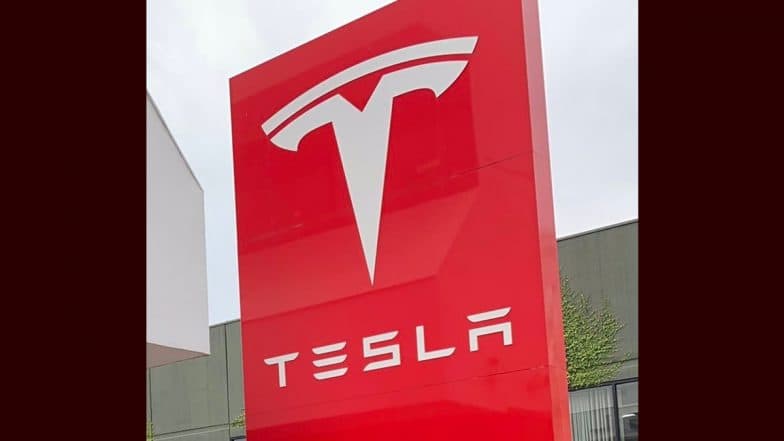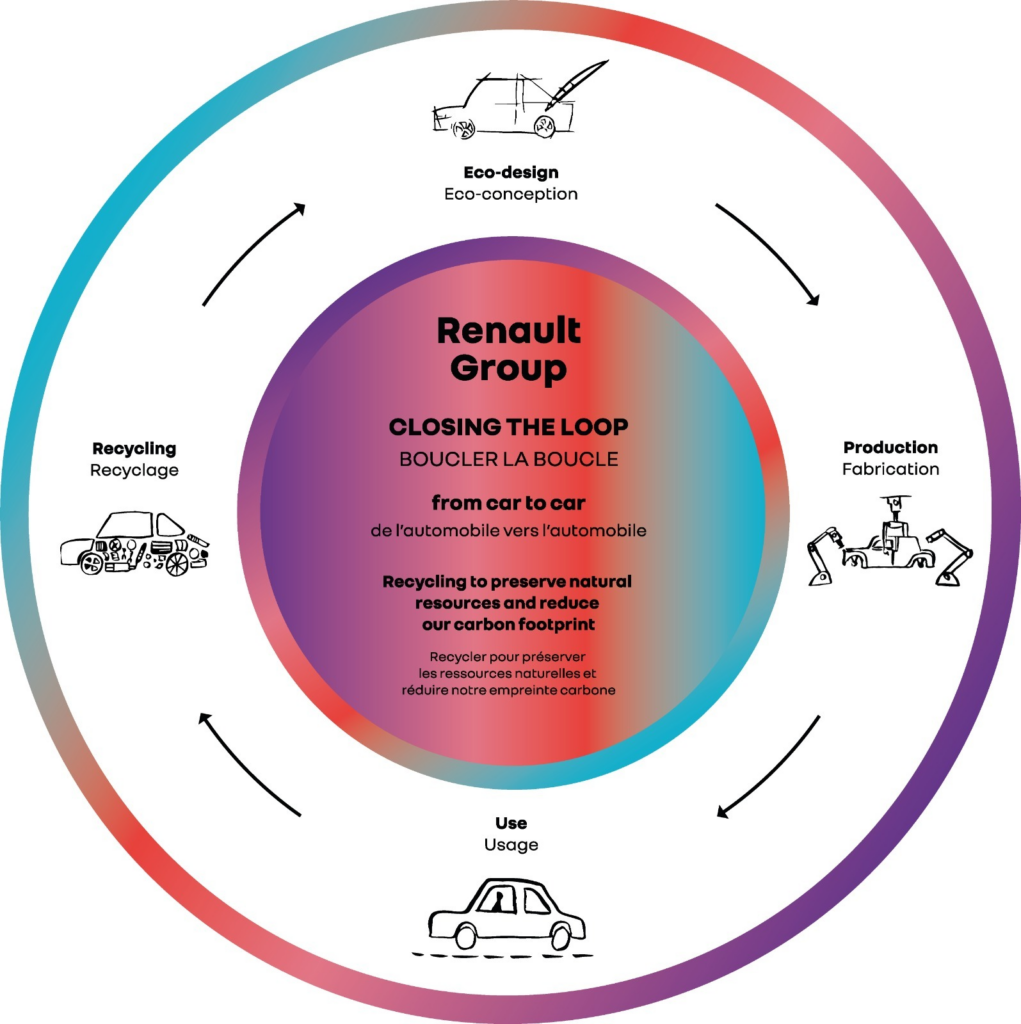Dealership sales: What happens to floorplan?

What happens when a dealership changes hands?
Floorplan lines of credit, mortgages and other debt must be settled as part of the sale process.
In fact, dealership acquisitions typically include the purchase of all assets, including real estate, vehicle inventory and the value of the business itself, Jason Smith, head of dealer commercial services at Truist, told Auto Finance News.
Truist provides commercial financing solutions for dealers across the United States, including floorplan, real estate capital and acquisition funding, according to the bank’s website. The Charlotte, N.C.-based bank’s automotive commercial arm specializes in financing for new-vehicle franchised auto dealers of all sizes, Smith said.
Elevated dealership profits during the past three years have prompted dealers to grow their businesses through the purchase of additional locations. During the first half of the year, dealership buy and sell activity increased 26% year over year as profits and margins remained elevated compared with pre-pandemic, according to Kerrigan Advisors.
Dealers have “record cash on the balance sheets and they’re looking for a return on that cash,” Smith said. “They’re investing in what they know; they’re using that cash to help them continue to scale and grow their dealerships by buying other dealers or through CapEx projects as well.”
As with the sale and refinance of a home, the dealership being sold must pay off any outstanding debt on its floorplan lines of credit and mortgages during the sale process, Smith said.
“The floorplan line would be paid off, so that would no longer be in place. The same thing would be applicable if there was an outstanding mortgage,” he said. “If there were debt beyond that, such as [the dealership’s value], that would be paid off with the proceeds of the sale from the acquiring dealer.”
In some deals, the institution providing the capital is the same for the acquiring dealership and the dealership being sold, Smith said. In other instances, the transaction involves two financiers.
“If there are two different financial institutions, one financial institution is increasing loans or providing capital to help that dealer,” he said. “The other financial institution would be satisfied or [paid off] to close out the balance of those instruments.”
Funding the purchase
The acquiring dealership must have the capital in place to fund the deal, generally relying on credit facilities and floorplan financing, Smith said.
“The acquiring dealer is going to need a very comprehensive financing solution or instruments to be able to acquire [the dealership],” he said. “That dealer would go to a financial institution and put in place sufficient capacity on their floorplan line of credit to acquire the vehicles from the selling dealer. That floorplan line of credit would stay in place as they put their operating model into the dealership and maybe their personnel to own and operate that dealership.”
A similar process is applied to the real estate components of the deal, Smith said. The acquiring dealership must fund the purchase of the building and land as well as the intrinsic value of the franchise itself, he said.
Asbury Automotive, for example, financed its $1.2 billion acquisition of Mid-Atlantic Region-based Jim Koons Automotive Cos. in September using its existing liquidity, credit facility and cash. Asbury has a $1.45 million syndicated credit facility with multiple banks, captives and auto finance companies.
Medford, Ore.-based Lithia Motors bought 13 stores from Chesapeake, Pa.-based Priority Auto Group during the second quarter. The McGeorge Family of Dealerships, too, has also sold multiple locations this month in Virginia, according to dealership buy-sell adviser Haig Partners.
Dealerships are still borrowing to help fund acquisitions or property expansions despite the influx of cash, Truist’s Smith said.
“It’s still very active in loan activity to finance new franchised auto dealership acquisitions along with real estate and floorplan,” he said.
Auto Finance Summit, the premier industry event for auto lending and leasing, returns October 29-31 at the Bellagio Las Vegas and features a fireside chat with Ford Credit. To learn more about the 2023 event and register, visit autofinance.live/afs/.
https://www.autofinancenews.net/allposts/auto-finance-excellence/operations-afe/dealership-sales-what-happens-to-floorplan/ Dealership sales: What happens to floorplan?




